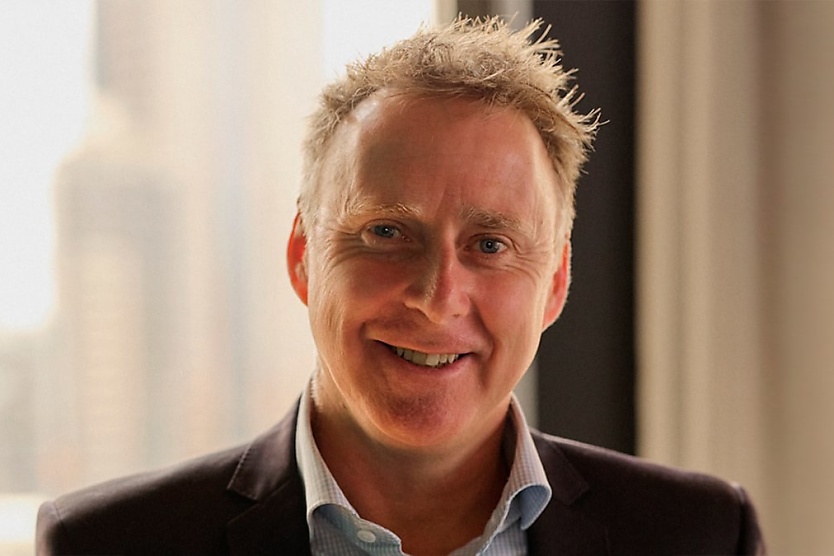Key to navigating complexity with ethical leadership, says CEO
SHARE THIS ARTICLE

Working through turbulent workplace dynamics and building genuine inclusion can be a difficult juggling act for organisational and HR leaders.
On a recent episode of the HR Leader Podcast, Matt Finnis, chief executive at Cranlana Centre for Ethical Leadership, spoke on the challenges that organisational and HR leaders face in the 2025 workplace.
Finnis – who is a former AFL club chief executive – claimed that building genuine inclusion demands more than policies, such as ethical courage, deliberate practice, and radical transparency.
“To be an inclusive organisation, you’ve got to recognise that that means you’re, to some extent, a bit of a melting pot of different forms of humanity ... A pluralistic environment doesn’t mean that everyone’s always going to be comfortable,” Finnis said.
Finnis warned against treating disagreements as crises, emphasising their role in growth within a team environment, but at the same time, leaders must be prepared to deal with seriously heated disagreements, which often manifest from societal and geopolitical issues happening outside of the workplace.
“We want and value the growth that comes from disagreement ... That’s not the enemy of inclusion. That’s actually just a natural part of what it means to be an inclusive organisation,” Finnis said.
“If we’re going to deal with a particularly heated issue, if we haven’t done the training, we haven’t done the practice, the rehearsal, good luck in terms of getting that right ... Bring [external cases] in for conversation in your own organisation and start to practice.
“Ethical leadership is a practice you hone over years ... Take the time to exercise those moral muscles ... You wouldn’t expect an athlete to perform in the finals without rehearsal.
“Even if [staff] have a situation where you’re required to make a decision which they don’t agree with, people can generally respect the fact that I’ve had a chance to be heard and shape the culture.”
According to Finnis, for HR and organisational leaders, transparency can act as the bedrock for navigating these kinds of dilemmas that can sprout in the modern-day workplace.
“Transparency is a key building block of trust ... Share what have we learned, what’s the journey we’re now going to take, what are the time frames?
“The best leaders take less responsibility than they’re due when things go right and more when things go wrong,” he said.
According to Finnis, the direction becomes clear to build cultures where tension is intertwined with growth, transparency is non-negotiable, and ethical courage becomes the ultimate leadership competency.
Kace O'Neill
Kace O'Neill is a Graduate Journalist for HR Leader. Kace studied Media Communications and Maori studies at the University of Otago, he has a passion for sports and storytelling.

